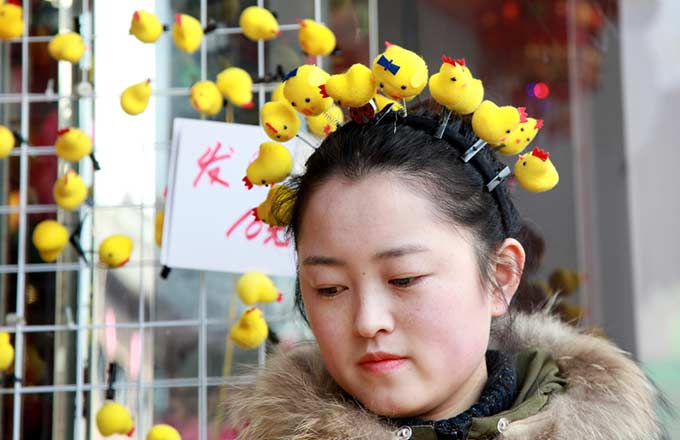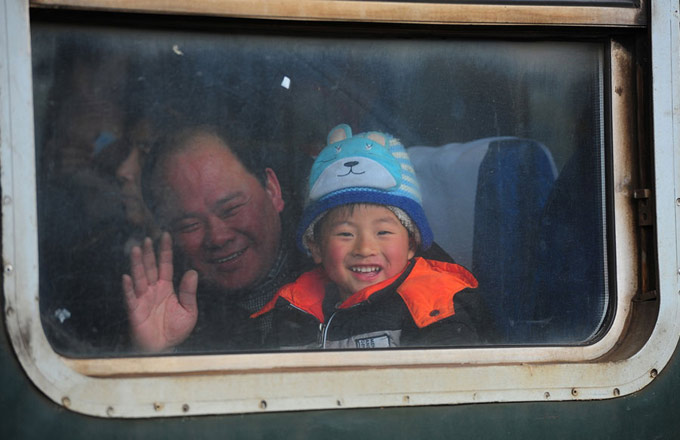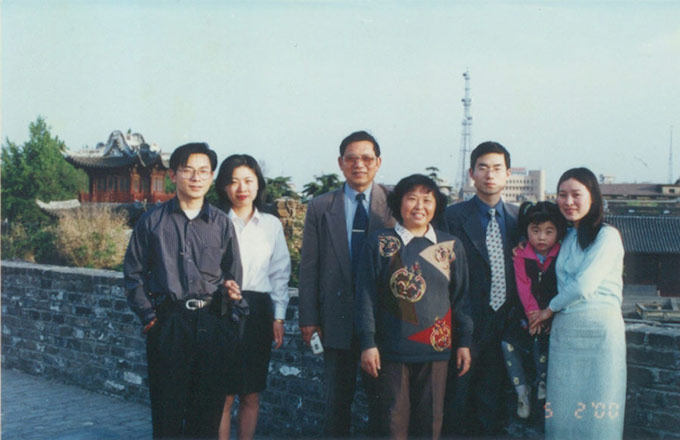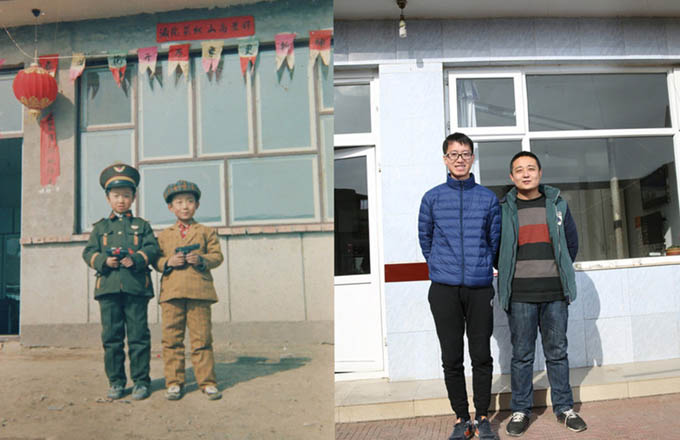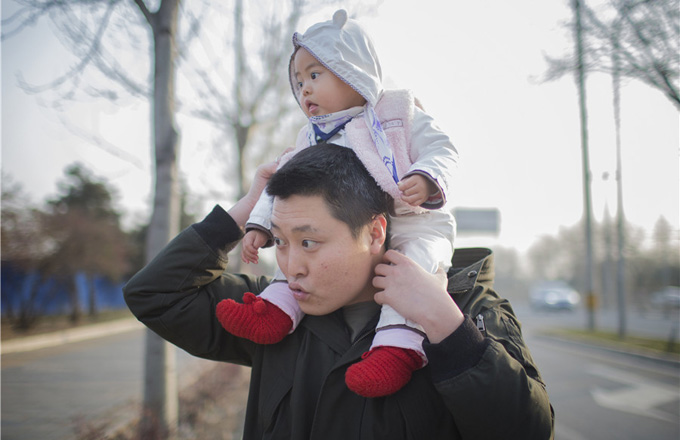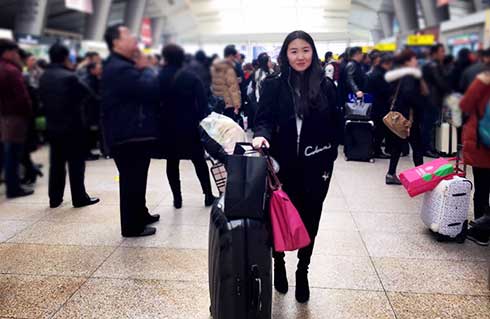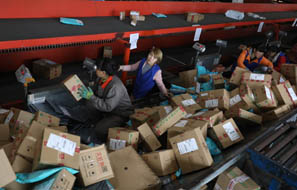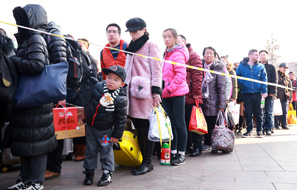For many, dogs help fend off loneliness
More empty nesters seeking canine companionship
Han Zijing, 60, has become a renowned dog lover in her neighborhood in Chongqing. Every evening, she walks a brown toy poodle, a golden retriever and a mixed breed in a nearby park.
"I don't like dog owners who have to walk their dogs by leash. My dogs are quiet and listen to my orders. When I walk, they walk; when I stop, they stop. And they don't bark," she said. "From this perspective, they are more 'filial' than my daughter."
Like many Chinese mothers, Han placed all her attention on her only child. Her daughter has been a source of pride by "completing many tasks", including getting into one of China's most prestigious universities and finding a good job in Beijing.
But in recent years, Han has felt distanced from her daughter, who seems in no hurry to get married and have a child. Luckily, she has a dog to fill the void.
More empty nesters now have pet dogs to cope with loneliness caused partly by the family planning policy and urbanization, boosting the pet industry's development.
Han said having a dog brought her more friends. This made her realize that she is not the only one tackling the loneliness after children grow up and leave the nest.
"When I walk my dogs, I meet many other elderly residents with dogs," she said.
"I feel a little sad. Our children have settled in big cities and only visit us during holidays. Some get married and don't want to live with us."
According to the China National Committee on Aging, the country will have 118 million empty nesters in 2020. The physical and mental health of this demographic has become an issue of concern.
Once banned as a bourgeois pastime, owning a pet dog in Beijing became legal only in 1993. In the past 20 years, China has turned into the third-largest country for dog ownership, with 27.4 million pet dogs, after the United States and Brazil, according to a report by Forbes.com, citing data from China's National Bureau of Statistics.
Yu Lianhai, founder of 51buydog, a pet store in Beijing, said strong demand for companionship brought by the family planning policy and urbanization has been driving the boom.
"Those born to a one-child family were placed under great expectations by the whole family when they were young," he said. "Many left their hometown to seek better careers in first-tier cities.
"Most parents of the one-child generation are from rural areas. They are used to living with family and have close relations with neighbors. Naturally, they'd feel lonely after their children leave them. One solution is to raise a dog."
Yu has been in the pet business for more than two decades. He said the most frequent phrase he heard from buyers is "raising a dog is more rewarding than raising a child".
Zheng Richang, a psychology professor at Beijing Normal University, has done research that shows empty nesters with a companion animal are less likely to have depression and anxiety.
He said companion animals offer a sense of security that can help to mitigate the negative impact brought by living alone.
Jiang Qiaoyun, a retired nurse in Taizhou, Jiangsu province, got a pet dog last year.
"When I was little and lived in a village, we had dogs. But we used them mostly to act as guard dogs," she said. "Having a pet dog is like a typical behavior of people living in cities. My son was born in the city. He naturally thinks of a dog as a pet."
Yu said he expected that the pet dog market will develop quickly in the next 10 years.
"Besides economic reasons, the change of social status is another reason why many Chinese want to have a pet dog. In addition to a middle class eager to have fancy dogs, many immigrants moving from rural areas to cities, or from small cities to big ones, would also want a dog to show they are modern citizens."
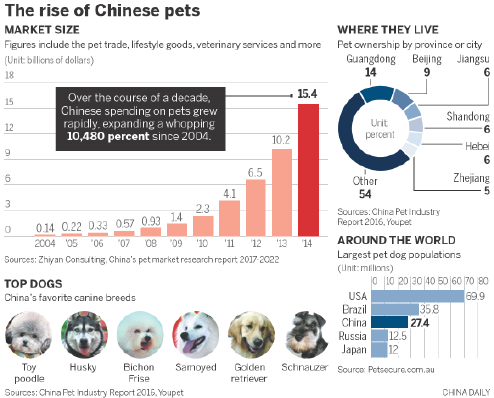
- Jack Ma Foundation launches scholarship program in Australia's University of Newcastle
- Plans reinforce medicine, food safety
- China to crack down on threats to rural stability
- Older couples struggle with infertility when seeking second child
- E-commerce gives capital's Spring Festival sales a boost





